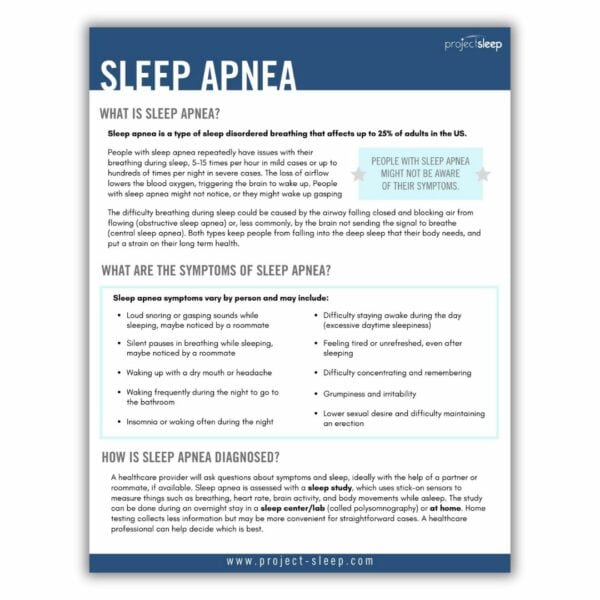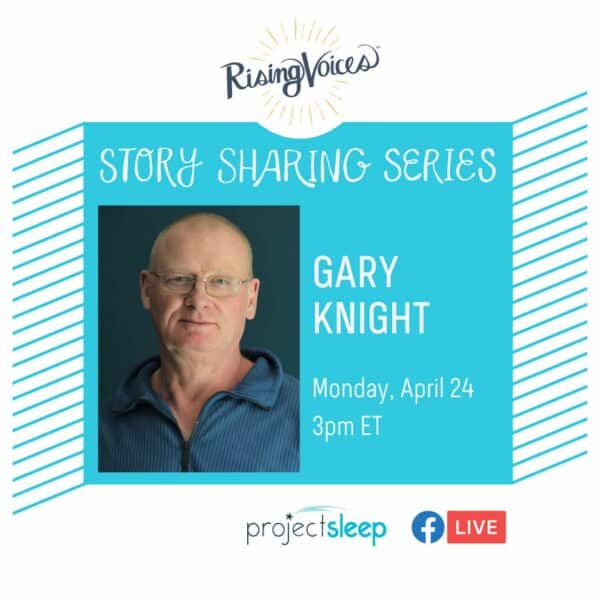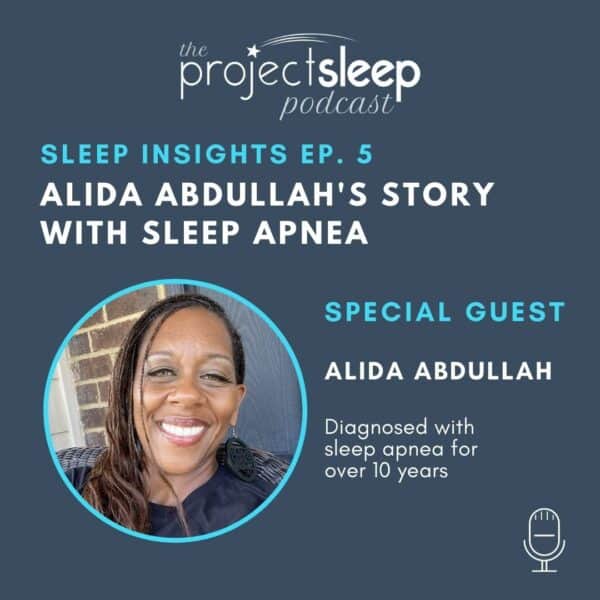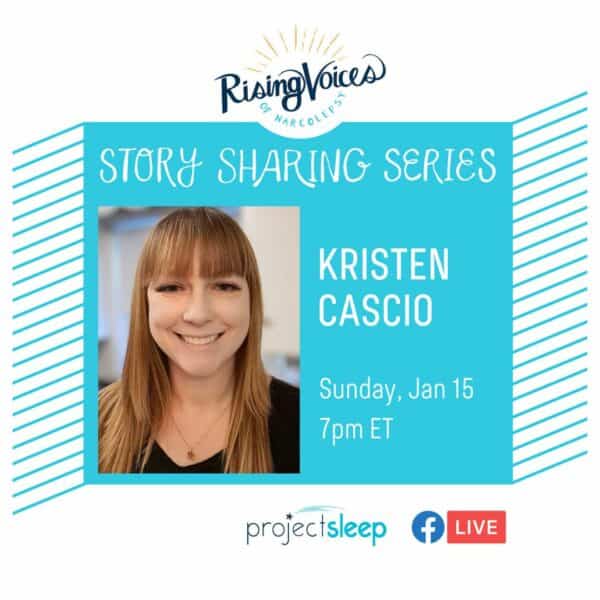Sleep apnea is a chronic disorder characterized by inability to maintain adequate ventilation during sleep due to sleep-related increase in upper airway resistance, while breathing during wakefulness is satisfactory.
Sleep Apnea
What is sleep apnea?
Sleep apnea is a type of sleep disordered breathing where people repeatedly stop breathing during sleep. It affects more than 20% of adults in the US.
An “apnea” is a temporary cessation of breathing.
People with sleep apnea repeatedly have issues with their breathing during sleep, 5-15 times per hour in mild cases or up to hundreds of times per night in severe cases. The loss of airflow lowers the blood oxygen, triggering the brain to wake up. People with sleep apnea might not notice, or they might wake up gasping.
The difficulty breathing during sleep could be caused by the airway falling closed and blocking air from flowing (obstructive sleep apnea) or, less commonly, by the brain not sending the signal to breathe (central sleep apnea). Both types keep people from falling into the deep sleep that the body needs, and puts a strain on long-term health.
What are the symptoms of sleep apnea?
Sleep apnea symptoms vary by person and may include:
- Loud snoring or gasping sounds while sleeping, maybe noticed by a roommate
- Silent pauses in breathing while sleeping, maybe noticed by a roommate
- Waking up with a dry mouth or headache
- Waking frequently during the night to go to the bathroom
- Insomnia or waking often during the night
- Difficulty staying awake during the day (excessive daytime sleepiness)
- Feeling tired or unrefreshed, even after sleeping
- Difficulty concentrating and remembering
- Grumpiness and irritability
- Lower sexual desire and difficulty maintaining an erection
How is sleep apnea diagnosed?
A healthcare provider will ask questions about symptoms and sleep, ideally with the help of a partner or roommate, if available.
Sleep apnea is assessed with a sleep study, which uses stick-on sensors to measure things such as breathing, heart rate, brain activity, and body movements while asleep. The study can be done during an overnight stay in a sleep center/lab (called polysomnography) or at home. Home testing collects less information but may be more convenient for straightforward cases. A healthcare professional can help decide which is best.
How is sleep apnea treated?
There are several treatments for sleep apnea, and people may try multiple options or a combination to find one that works for them.
CPAP is the most common treatment for sleep apnea. A CPAP machine is a device that pumps air through a mask to help the throat stay open while sleeping. There are many different shapes and sizes of masks to fit different faces.
For milder cases, an oral appliance (also called a mandibular advancement device), similar to a mouth guard, helps keep the airway open by moving the jaw forward.
Positional therapy is helpful for people who mostly experience apneas while lying on their back. Devices that buzz when you roll on your back, or a wearable cushion that keeps you sleeping on your side are some examples of positional therapy.
Surgery to widen the airway, usually involving the nose, tongue, palate, or jaw.
Hypoglossal nerve stimulation involves a small device implanted in the chest wall that triggers muscles to keep the airway open and continue breathing (about the size of a pacemaker).
Medications may be prescribed to help people stay awake if they are still having difficulty despite other treatments such as CPAP.
Helpful lifestyle changes could include keeping healthy sleep habits, developing a regular movement practice, avoiding alcohol before bed, and quitting smoking.
CBT can help to keep healthy sleep habits and adapt to and stick with CPAP or other treatment options.
Connecting with other people who have sleep apnea can empower people to cope and learn strategies to manage symptoms and treatments.
Additional Resources
Find more resources and toolkits by visiting the Alliance of Sleep Apnea Partners website. Please also download our free, printable Sleep Apnea Fact Sheet. This handy resource can be shared with friends, family, and medical providers.

Sleep Apnea: Let’s Face It!
Sleep Apnea: Let’s Face It! is a campaign to shatter stereotypes and showcase real faces of people living with sleep apnea. Launched by Project Sleep during Sleep Apnea Education Week (April 18-26, 2025), Sleep Apnea: Let Face It! empowers individuals to learn more about sleep apnea, take action, and find community and support.
To kick off the campaign, Project Sleep brought together people living with sleep apnea to share their powerful stories. Together, we can face the reality of living with sleep apnea, reduce delays in diagnosis, and encourage more people to get the testing, diagnosis, and treatment they need.
Sleep Apnea Squad
The Sleep Apnea Squad educational series covers a wide variety of topics to help people living with sleep apnea and their loved ones navigate both the medical journey and the social experience.
Sleep Apnea Squad: Fighting Sleep Apnea Shame & Stigma
Sleep Apnea Squad: Making CPAP Comfortable
Rising Voices Stories: Sleep Apnea
Project Sleep’s Rising Voices program serves the dual purpose of fostering a new generation of patient-advocates spreading awareness of sleep disorders while empowering participants.

















